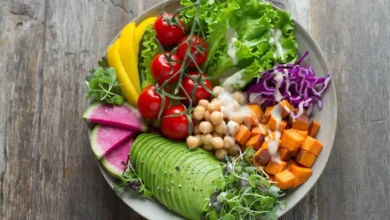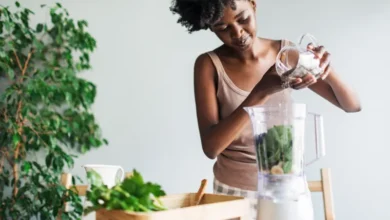Fruits you shouldn’t mix together while making a smoothie

The next time you find yourself making a berry smoothie, you may want to reconsider adding a banana to the mix. Researchers from the University of California Davis (UCD) found that bananas contain a compound that could overpower the antioxidants found in berries.
Researchers focused on a specific type of antioxidant called “flavonols”, which are found in plant-based foods like berries, tea, cocoa, apples, pears, and peaches. Despite their health benefits, many individuals do not consume enough flavonols in their diet.
In the study conducted at UCD, a small group of eight participants were given either a flavonol-rich berry smoothie or a flavonol capsule.
Tests later revealed an increase in flavonol metabolites in their blood. However, when a banana was added to a berry smoothie, the levels of flavonol metabolites in their blood decreased by 84% compared to the pure dose of flavonol.

The reason behind this phenomenon is related to an enzyme called polyphenol oxidase (PPO), which is responsible for the browning of bananas when they are peeled. The presence of bananas in the smoothie leads to the oxidation of antioxidants, hindering their beneficial effects in the body.
Experiments conducted by the researchers showed that a banana-berry smoothie with high levels of PPO contained fewer flavonols than a pure berry smoothie when left at room temperature for an hour. In contrast, inhibiting PPO in the bananas allowed the flavonols to persist.

To further investigate the effects of bananas on antioxidants, participants were given both a banana drink and a berry drink simultaneously, preventing PPO from interacting with the flavonols before ingestion.
Even in this scenario, the flavonol metabolites were not as present in the participants’ bloodstreams compared to when they consumed none of the banana drinks.
Although the study consisted of a small number of male participants, the researchers at UCD believe that these initial findings warrant further scientific attention.
The study shows the importance of considering not only the types of fruits and vegetables recommended for a healthy diet but also how they are prepared, stored, and consumed to maximize their potential health benefits.










